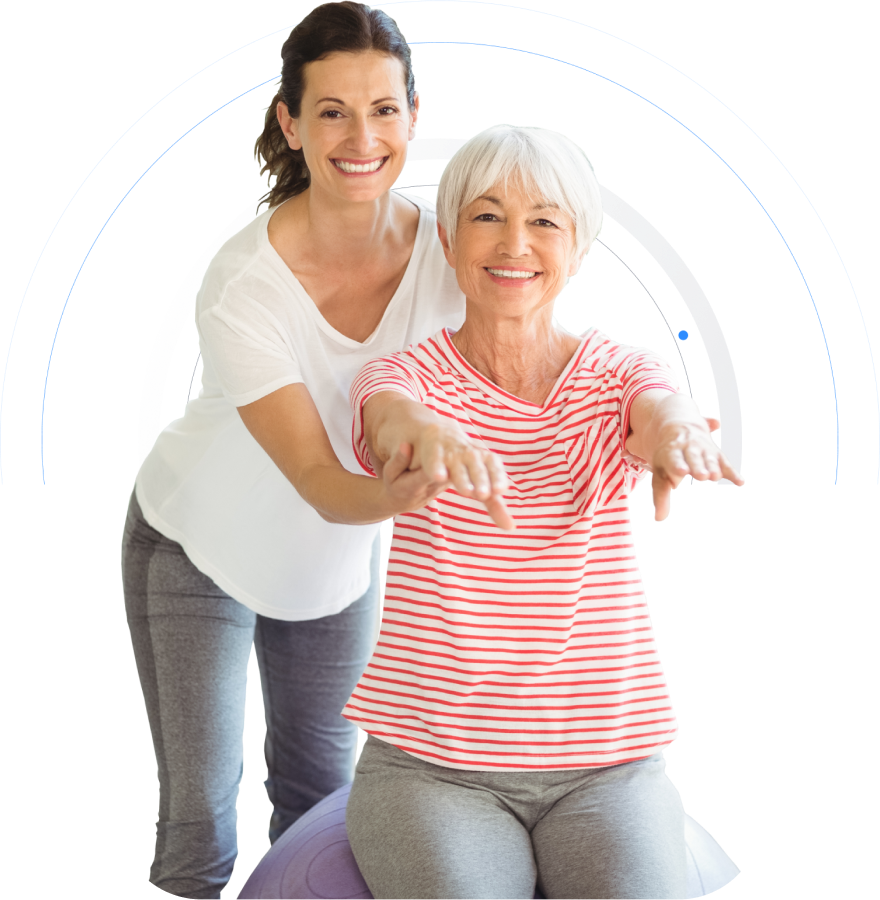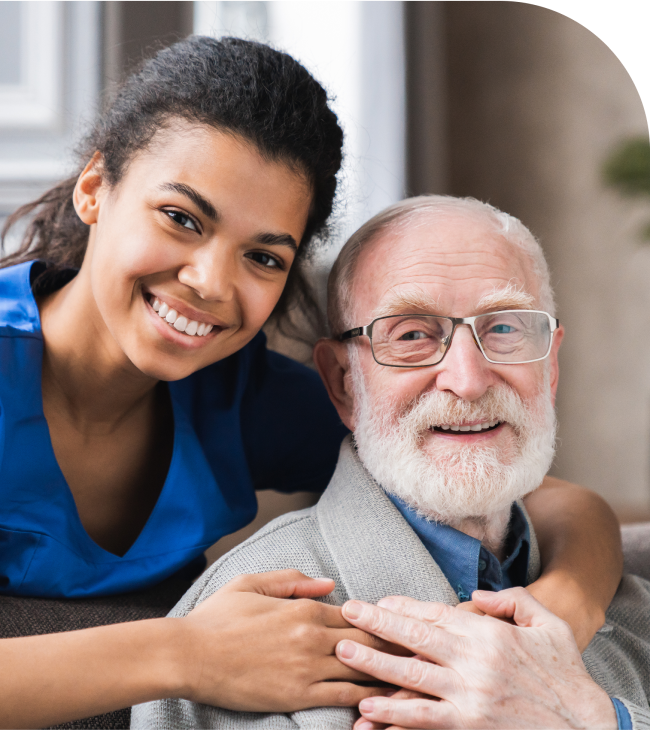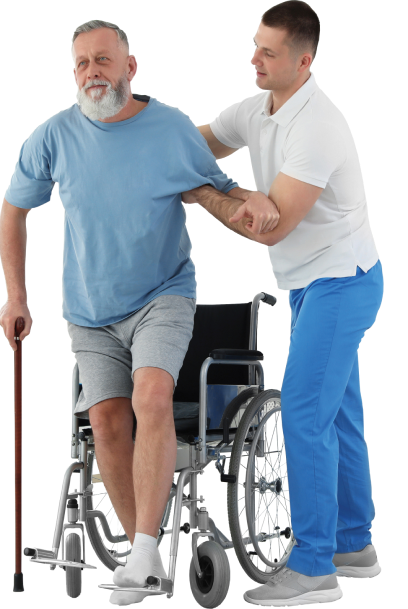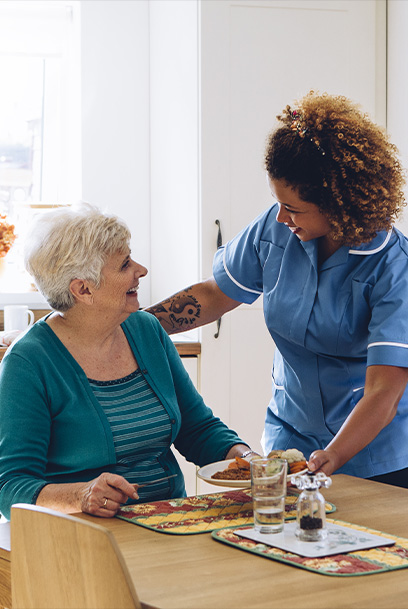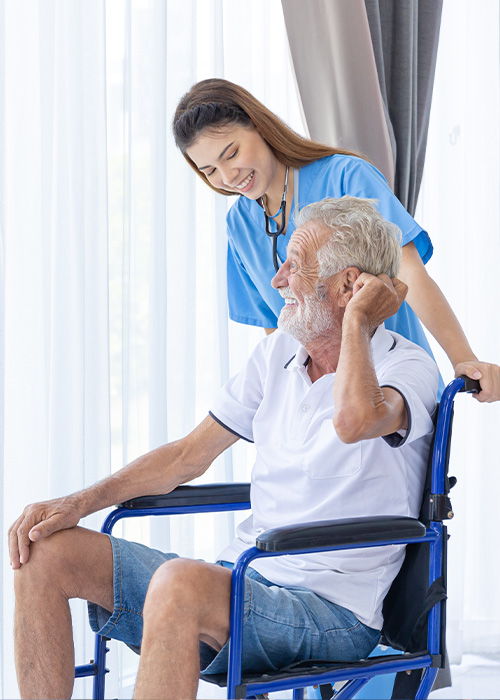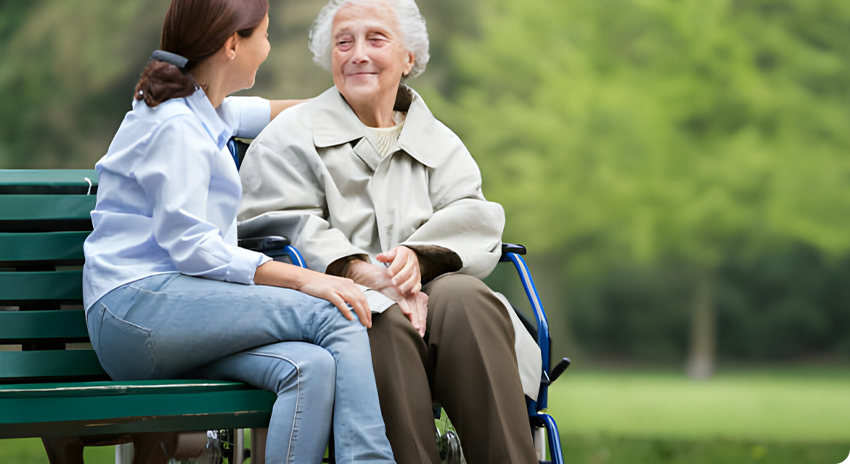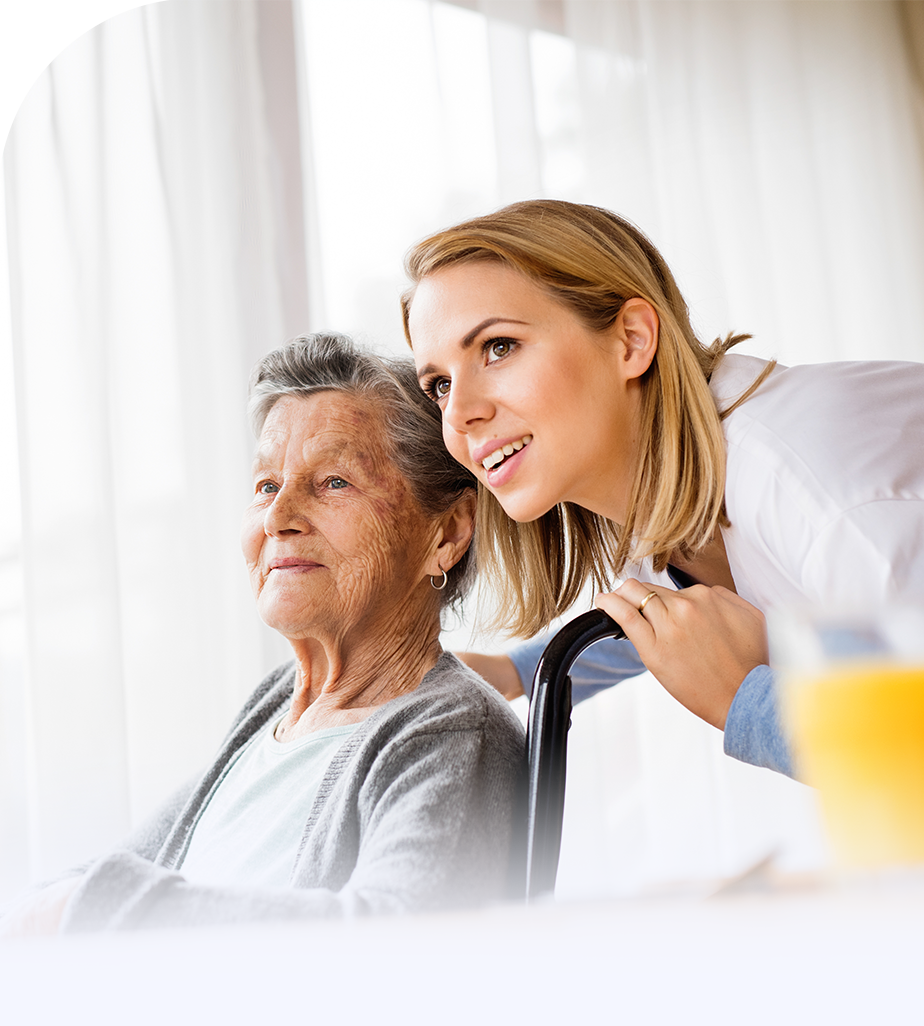The magic of Christmas came to Southport last week as the city hosted Winterfest.
The week-long celebration of holiday cheer and family fun kicked off a bit later than planned when the Christmas tree lighting was delayed due to heavy rains. Although it was delayed a couple of days, a crowd gathered at Waterfront Park on Sunday, Dec. 7 to enjoy hot cocoa and cookies.
Winterfest also included a few new events, including a pop-up ice skating rink on the tennis courts in front of the community building. The rink proved to be a popular attraction, bringing a bit of icy fun to the seaside city. Even those that didn’t slide around on the ice enjoyed observing the fun.
Another new event this year was the Southport Garden Club’s Winter-festival of Trees. Nonprofit organizations, civic groups, businesses, and individuals decorated trees and set them up in the park. On Tuesday, Dec. 9, people strolled through the park to see the trees, listen to music, and enjoy hot cocoa and cider, and vote for their favorite tree. According to a post on the Southport Garden Club’s Facebook page, there were more than 400 votes. The three from Brunswick Ballroom took first place, the Brunswick County Animal Shelter took second place and Southport Garden Club’s tree came in third. The club plans to bring the event back next year.
In addition to the new events, Winterfest also had its traditional Light Up the Night Parade hosted by the Southport Fire Department. The parade featured bands from North and South Brunswick High Schools, Shriners, decorated golf carts and bicycles, horses and donkeys, law enforcement units, floats from local businesses and civic groups, and fire apparatus from around the county.
Over the past few years, one of the parade highlights has been the Southport Public Works Department, whose entries increase in number and creativity each year. According to Southport Fire Chief Charles Drew, the parade was the biggest ever with more than 150 units. After the parade, Santa and his crew visited with children at fire headquarters, which has been transformed into the North Pole, and families enjoyed refreshments.
Winterfest culminated with its annual Tour of Homes, winter craft market and flotilla on Saturday, Dec. 13. Crowds gathered along the city’s waterfront to watch the lighted boats parade up and down the Cape Fear River and Intracoastal Waterway. The flotilla has been a tradition, drawing attendees from across the area for 31 years.
This year, Winterfest included more than 20 events, and planning is already underway for next year.
Renee Spencer is the community engagement editor at the StarNews. Reach her at [email protected].

 919-554-2223
919-554-2223




 Service Areas
Service Areas